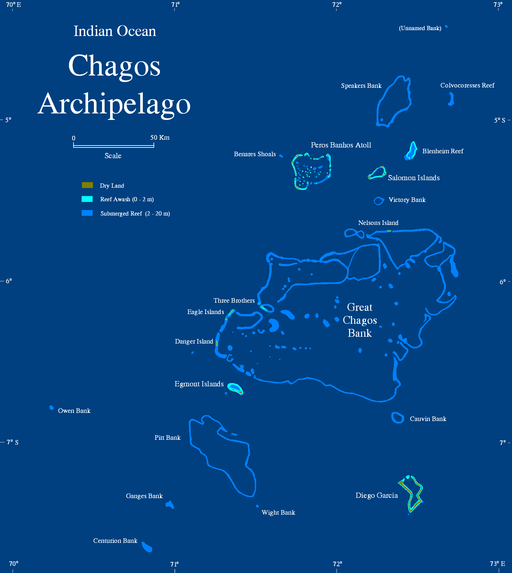Ethics in Tech: The Ethics of Domains
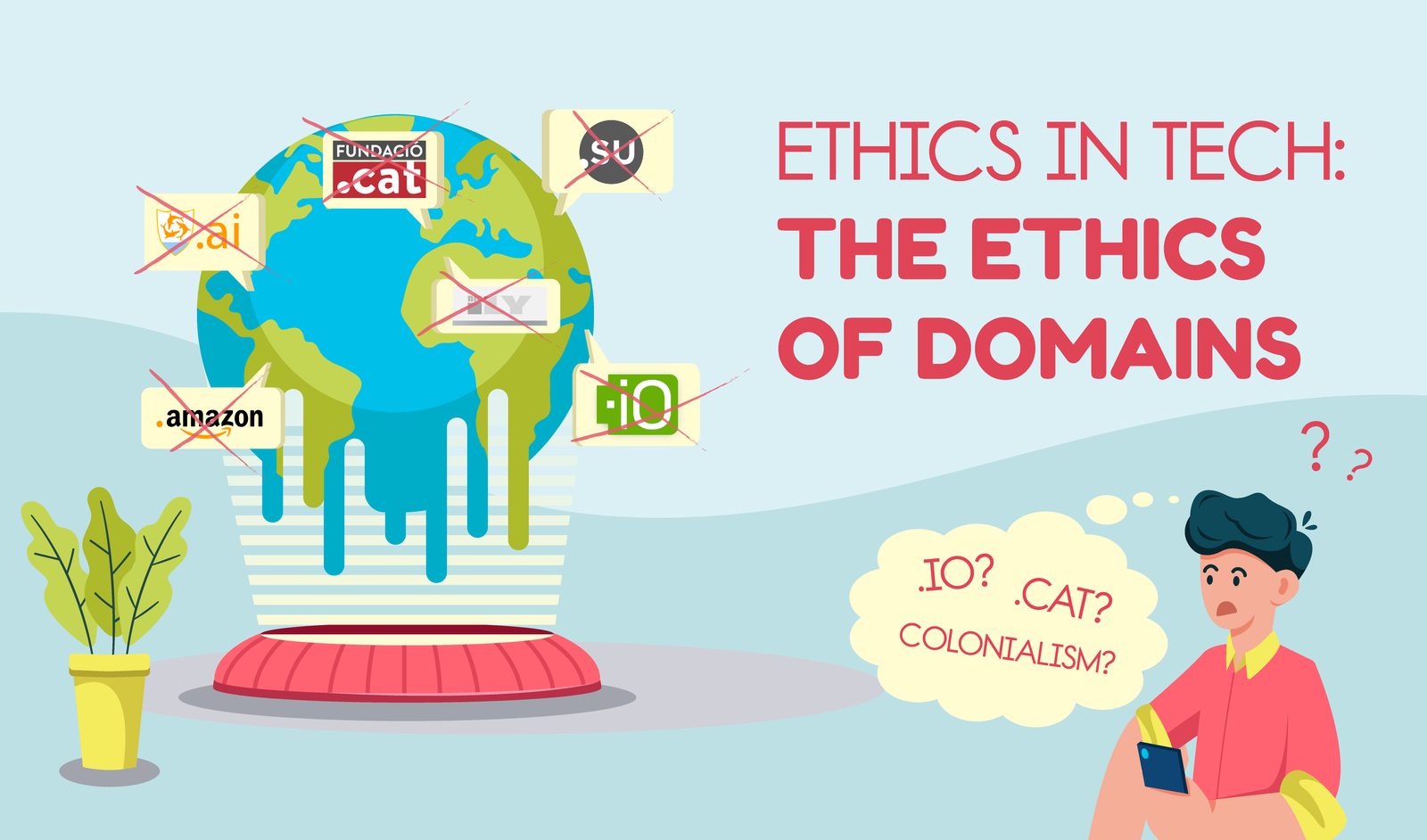
Originally Posted: Feb 16,
Exploring the Implications of Using Country Code Top-Level Domains (ccTLDs)
The internet has transformed the way we communicate, access information, and conduct business. With the proliferation of new websites and domain names & as the internet continues to expand and evolve, there are more and more top-level domains (TLDs) to choose. While .com, .net and .org are all traditional TLDs that have been around for decades, newer TLDs like the country code top-level domain (ccTLD) .io have become increasingly popular in recent years. While originally intended for use by groups and individuals in those countries, vanity URL shortening or “domain hacks” such as my own pineb.ee or even bit.ly & youtu.be have been the primary use for many of these new TLDs as it makes links easier to share. Especially on things like social media posts. However, as with any new technology or trend, it’s essential to consider the ethical implications of using these TLDs.
My reasoning for writing this is not to call anyone out or put criticize anyone. Rather it’s simply to inform and raise awareness. Even I am continuing to learn new things everyday and I appreciate being informed and corrected when I may make a mistake.
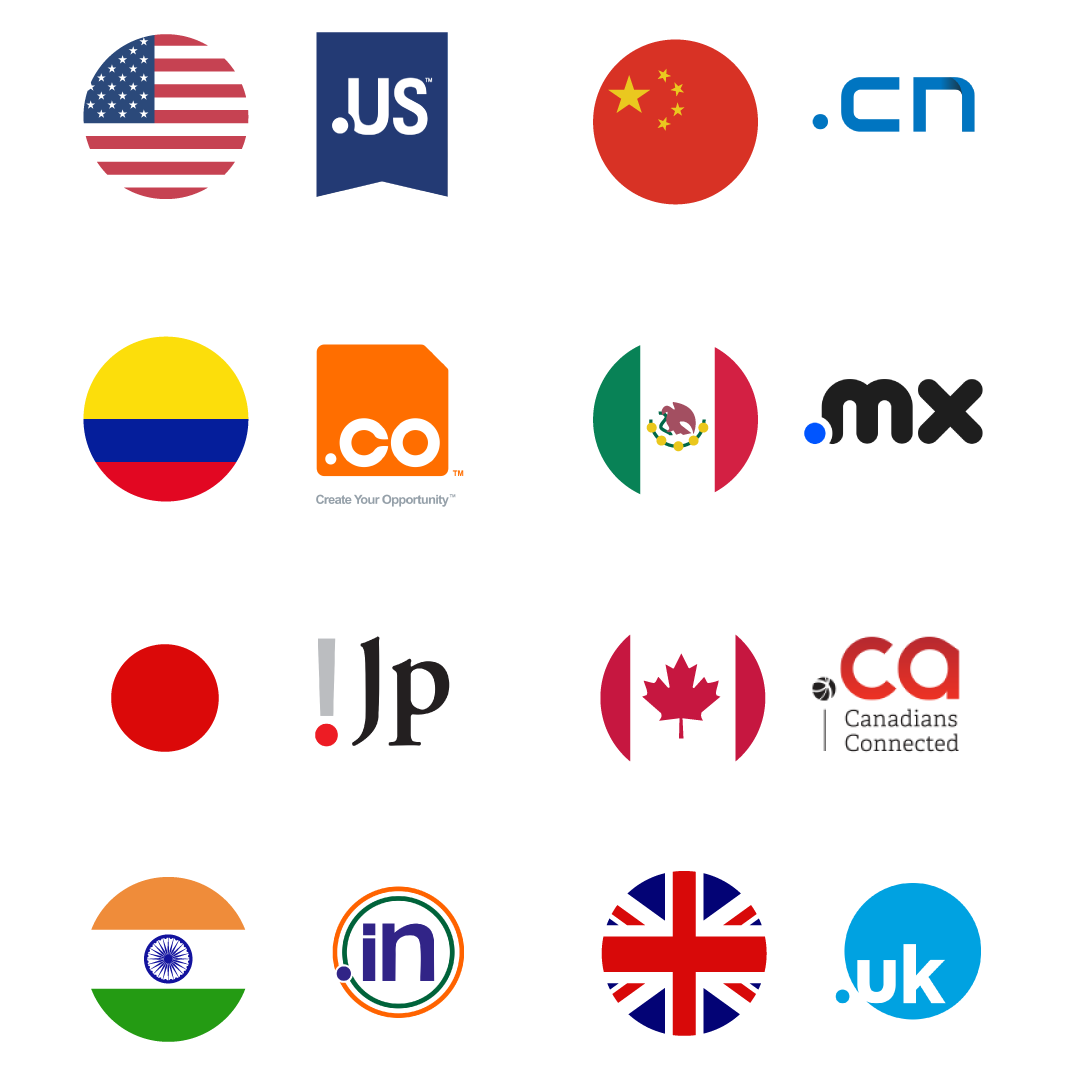
Example of a few Country Code Top Level Domains (ccTLDs)
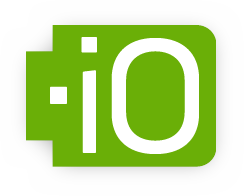
Logo for .io – The ccTLD for the British Indian Ocean Territory
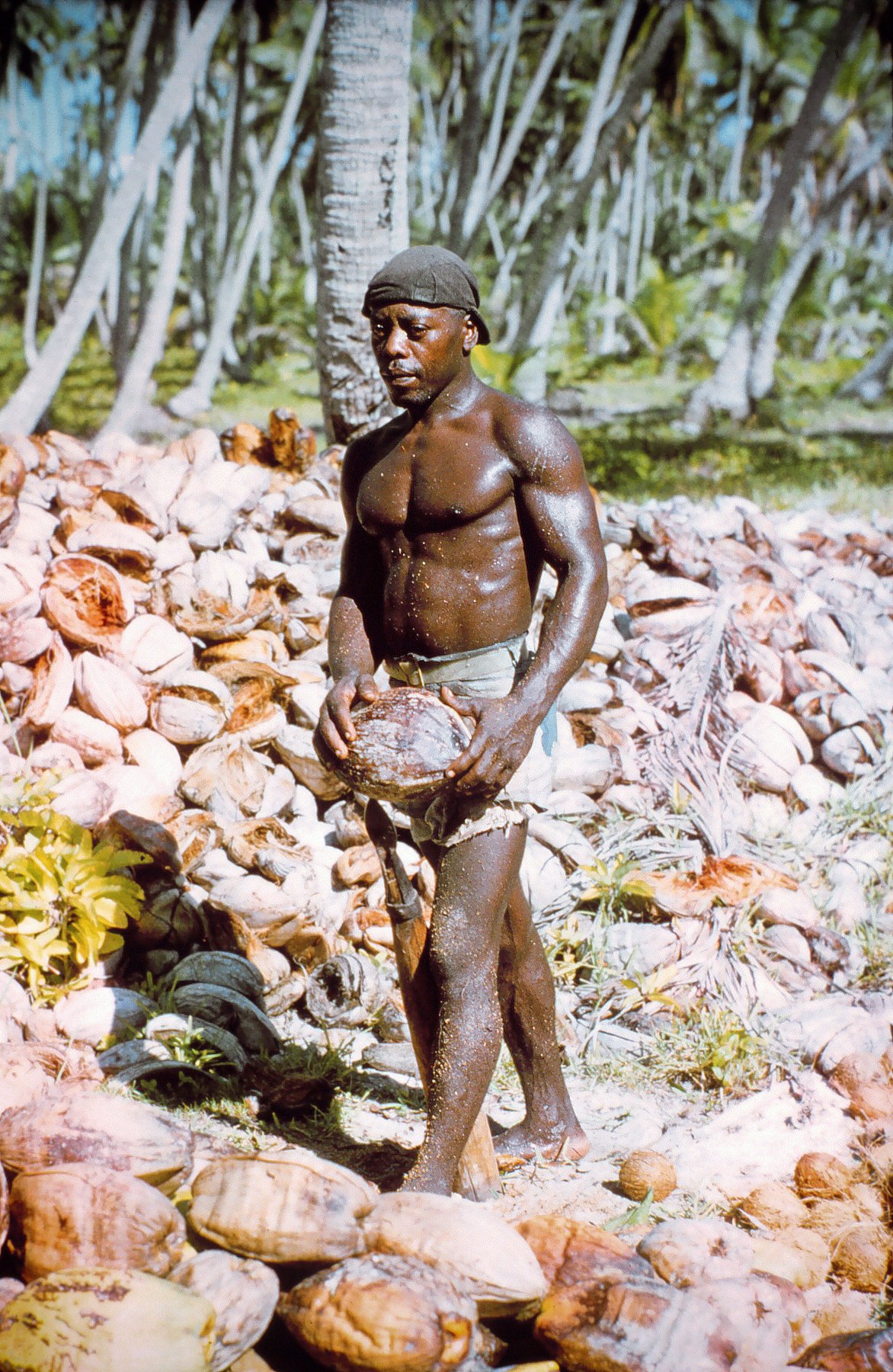
An unnamed Diego Garcian at the time of the US encampment, 1971. Location: Chagos, Diego Garcia Island (Image ID: geod0341, Geodesy Collection), Author Unknown, http://www.photolib.noaa.gov/htmls/geod0341.htm, Public Domain, https://commons.wikimedia.org/w/index.php?curid=2036948
.IO – THE TLD OF TECH & COLONIALISM
The .io TLD has become particularly controversial in recent years. It is the country code top-level domain (ccTLD) for the British Indian Ocean Territory (BIOT), a group of islands in the Indian Ocean that was forcibly depopulated & annexed by the UK in the 1960s and 70s to make way for a US military base. The islands are still a British Overseas Territory, and their original inhabitants have been fighting for their right to return for decades.
Although .io was originally intended for use by Indian Ocean territories, it has since been adopted by tech companies and startups around the world. While .io may seem like a catchy and memorable option for a website address, there are several ethical concerns that come with using it.
First and foremost, there is the issue of colonialism. The use of the .io TLD has been seen by some as a form of colonialism, as it continues to profit from the displacement of the BIOT’s indigenous people. One of the main ethical concerns surrounding the .io TLD is that it is seen by some as a way of legitimizing the UK’s claim to the BIOT, despite the ongoing controversy surrounding the territory. Some critics argue that by using the .io TLD, individuals and companies are indirectly supporting the UK’s occupation of the BIOT and contributing to the ongoing injustice suffered by the Chagossian people. This concern raises the question of whether it is ethical to use a TLD that is associated with an unresolved territorial dispute and human rights violation.
Another ethical concern related to the .io TLD is the fact that it has become popular among tech startups, many of which are based in the United States or other countries that have historically played a role in colonialism and imperialism. Some have argued that the use of the .io TLD by these companies is a form of cultural appropriation that co-opts the identity of a colonized people for commercial gain. This concern raises the question of whether it is ethical to use a TLD that has a cultural or historical association with a specific community.
There is also the issue of transparency and accountability. The BIOT is not a member of the UN, and as such is not subject to the same oversight and accountability as other countries. This lack of transparency can make it difficult to know who is profiting from the .io TLD, and whether they are using that profit for ethical purposes.
WHO IS PROFITING OFF DOMAINS?
There is a reason why I have decided to write these Ethics in Tech blog series. Because there is just so much to write about and it’s not something that is often covered.
One of the topics I will be discussing later along with server monopolies are the domain monopolies that exist. Including Identity Digital which unironically owns the rights to the .io TLD. Identity Digital is a newly formed company that is the result of a merger of former domain name giants Afilias, Ethos Capital and Donuts which all have been known to buy out other domain companies before merging. You may remember the concerns over a venture capitalist firm buying the rights to .org a while back and the backlash they received about possible rate increases. These were the main players.
Afilias, Inc
Afilias, Inc. was a US corporation that was the registry operator of the .info, .mobi and .pro top-level domain, service provider for registry operators of .org, .ngo, .lgbt, .asia, .aero, as well as numerous TLD and ccTLDs.
Donuts Inc.
Donuts Inc. was a domain name registrar and registry providing paid domain names under 270 new generic top-level domains (gTLDs), as made possible by ICANN’s gTLD expansion program, as well as 173 other TLDs including .au (ccTLD) and .org (gTLD managed by the Public Interest Registry), through its own registry status (for example, managing the .social gTLD) and contracts between its subsidiaries and other registries.
Ethos Capital
Ethos Capital is an American private equity investment firm founded in 2019 for the purpose of gaining control of the .org internet domain name and capitalizing upon it using a portfolio of data-monetization startups. Although that effort failed, the company went on to use the vehicle to buy domain name registrar Donuts from Abry Partners and registry services provider Afilias. In 2022, Afilias and Donuts were merged into a single company, Identity Digital.
Identity Digital Inc.
Identity Digital Inc. is a company with affiliated entities that operate in the domain name industry, including a domain name registrar and registry services provider. The company acquired the registry operator and back-end registry services divisions of Afilias, Inc. in 2020. Both Donuts Inc. (the parent company) and Afilias Inc. were rebranded and brought under the single company brand name Identity Digital in 2022.
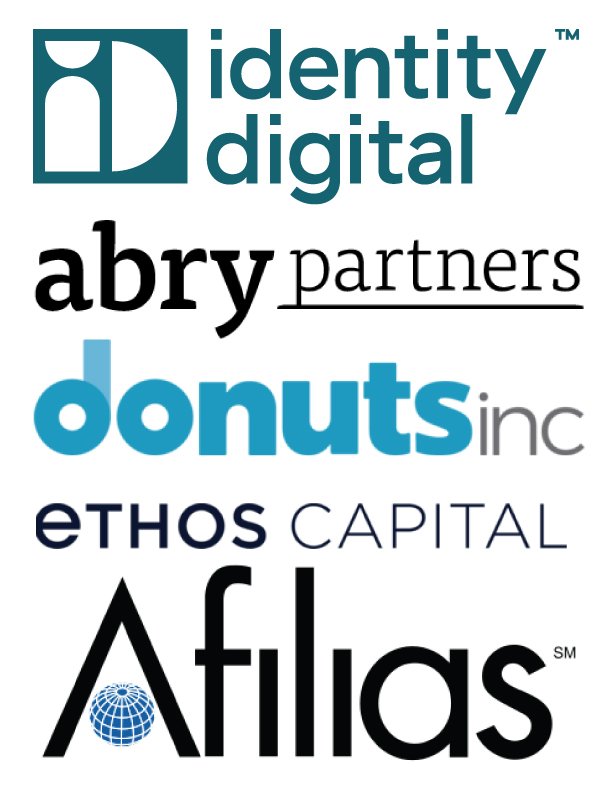
Identity Digital Inc. is the newly merged company of the old Abry Partners subsidiary Donuts Inc. & the old Ethos Capital subsidiary Afilias.
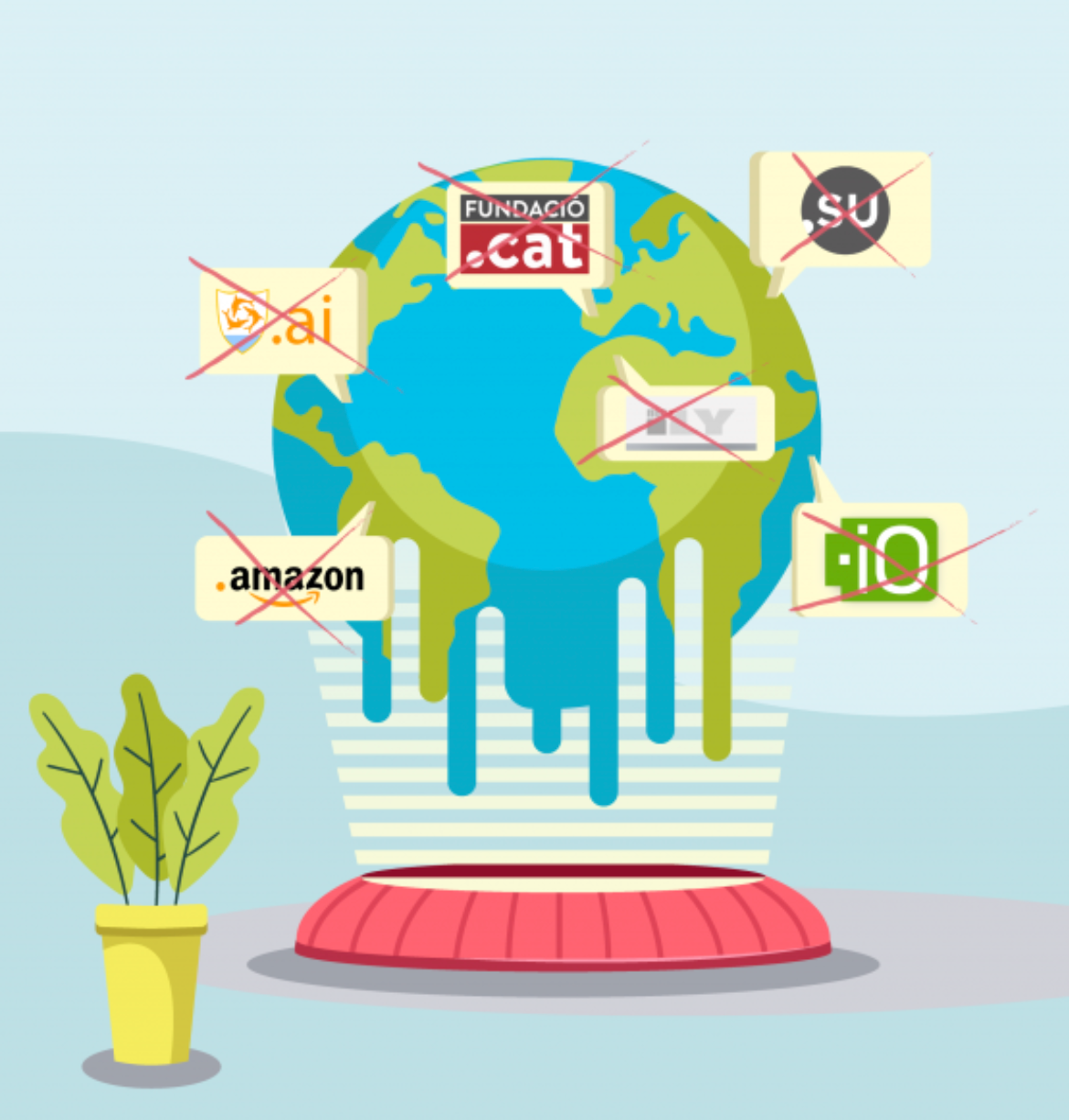
“Ethics of Domains” – Designed by Jordan Halliday of Pinebee Creative
OTHER TLDs THAT HAVE HAD ETHICAL CONTROVERSIES
It’s not just .io, it’s an issue that effects many TLDs. Here is a non-exhaustive list off the of my head of other domains that have had ethical controversies:
.ai
The .ai TLD is the country code top-level domain for the small island nation of Anguilla, but it has also been adopted by artificial intelligence (AI) companies around the world. Some have raised concerns about the use of this TLD, arguing that it may contribute to the idea of AI as a neutral and unbiased technology, despite the fact that AI systems can replicate and amplify existing biases and inequalities.
.su
The .su TLD was originally assigned to the Soviet Union, but after the collapse of the USSR, it was kept in use by a few remaining entities in the post-Soviet space. However, the use of this TLD has also been adopted by far-right and neo-Nazi groups in some countries, who use it as a way to signify their support for Soviet-era communism.
.cat
The .cat TLD is intended for websites in the Catalan language and culture, but it has been the subject of controversy due to the political tensions between Catalonia and the Spanish government. In 2017, the Spanish government seized control of the .cat TLD, leading to accusations of censorship and political interference.
.amazon
The .amazon TLD has been the subject of a long-running dispute between Amazon.com and a group of South American countries that share the Amazon river basin. The countries argue that the use of this TLD by a private company like Amazon.com is inappropriate and would infringe on the cultural and geographic identity of the Amazon region.
.ly
The ccTLD for Libya has faced ethical concerns due to the country’s history of human rights abuses and restrictions on free speech including restricting domains that are deemed “obscene, scandalous, indecent, or contrary to Libyan law or Islamic morality”.
WHAT’S THE LATEST NEWS ON THE .IO ccTLD?
The Chagos Archipelago is currently a disputed territory between the United Kingdom and Mauritius. In 2019, the International Court of Justice (ICJ) ruled that the UK’s claim to sovereignty over the Chagos Archipelago was unlawful, and that the UK must return the archipelago to Mauritius as soon as possible. However, the ICJ ruling did not address the question of the sovereignty of the British Indian Ocean Territory (BIOT), which includes the Chagos Archipelago.
In 2021, the United Nations’ International Tribunal for the Law of the Sea ruled that the United Kingdom has no sovereignty over the Chagos Archipelago, and that sovereignty instead belongs to Mauritius. This would extinguish the British Indian Ocean Territory, and the IO ISO-3166 two-letter country code and .io domain could also be extinguished. The United Kingdom, which was not a party to the case, disputes and does not recognise the tribunal’s decision, so further legal processes are likely. In 2022, the Mauritian government was considering how to progress the issue.
In July 2021, the Chagos Refugees Group UK submitted a complaint to the Irish government against domain-name speculators Paul Kane and Ethos Capital subsidiary Afilias, seeking repatriation of the .IO (“Indian Ocean”) country-code top-level domain and payment of back royalties from the $7m/year in revenue generated by the domain. While attempts to repatriate top-level domains are not uncommon, this one is notable in that it cites consumer and human rights violations of the OECD’s 2011 Guidelines for Multinational Enterprises rather than multistakeholder representation under ICANN policy, and because the .io domain has enjoyed commercial success, particularly among cryptocurrency companies, with more than 270,000 domains registered.
WHAT CAN BE DONE?
So, what can be done about the ethics of using ccTLDs like .io? One option is for the organization responsible for managing TLDs, the Internet Corporation for Assigned Names and Numbers (ICANN), to reconsider its policies around assigning TLDs to non-sovereign entities. This would help to avoid situations where TLDs are being used in ways that are unethical or harmful.
Another option is for individuals and organizations to consider the ethics of their domain choices. While it may be tempting to choose a catchy or trendy TLD like .io, it’s important to consider the potential implications of that choice. By choosing a TLD that is more neutral or inclusive, we can help to create a more ethical and equitable internet.
However, some argue that it is unfair to place the burden of addressing these historical and political issues on individual companies, groups or people. It is ultimately up to the international community to resolve the dispute over the BIOT in a just and equitable manner.
Lastly, we may just have to accept the fact that .io may just go the way of many TLDs before it and visit the TLD graveyard like these past expired or removed domains.
In conclusion, I feel it’s important to highlight the complex ethical considerations that can arise in tech and the ethics of using TLDs like .io are complex and multifaceted. While these TLDs may seem like a convenient and memorable option for website addresses, they can also perpetuate harmful stereotypes and profit from colonialism. As the internet continues to evolve, it’s important for individuals and organizations to carefully consider the ethics of their domain choices, and for ICANN to continue to evaluate its policies around assigning TLDs. Only by taking a thoughtful and ethical approach to our use of the internet can we create a more equitable and just online world.

“TLD Graveyard” – Designed by Jordan Halliday of Pinebee Creative
TLD GRAVEYARD
Here is another non-exhaustive list of TLDs that were once available but have been removed from the root zone and are no longer in use:
.ARPA
The first TLD, used for the early Internet and is now reserved for technical use.
.NATO
Once used by the North Atlantic Treaty Organization, but is now inactive.
.ZU
A TLD for the Zulu language, but was retired in 1997.
.NTR
A TLD for Neutrino Oscillation Research, but was never used.
.TP
A TLD for East Timor, but was replaced by .TL.
.DD
A TLD for East Germany, but was replaced by .DE after German reunification.
.CS
A TLD for Czechoslovakia, but was replaced by .CZ and .SK after the country split.
.UM
A TLD for the United States Minor Outlying Islands, but was replaced by the individual ccTLDs of each island.
.SU
A TLD for the Soviet Union, but was replaced by .RU and .UA after the collapse of the USSR.
.YU
A TLD for Yugoslavia, but was replaced by .RS, .HR, .ME, and .SI after the country split.
